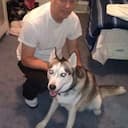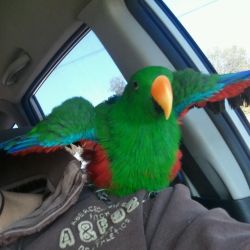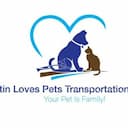Origins and Temperament
Bred in England for fox hunting, Russell Terriers possess an enduring legacy for their intelligence, courage, and boundless energy. This small but mighty breed is known for its friendly and affectionate nature, making them both excellent family pets and tenacious working dogs. Their innate curiosity and bold temperament mean they require special attention during travel to accommodate their adventurous spirits and to ensure their safety.
Size and Physical Needs
Typically weighing between 9 to 15 pounds and standing about 10 to 12 inches tall at the shoulder, Russell Terriers are compact, muscular dogs. They require ample exercise to satisfy their high energy levels, which should be considered when arranging their transport. Spaces where they can move around and stretch periodically are vital for their comfort and well-being during transportation.
Common Health Considerations
Russell Terriers are generally healthy, but like all breeds, they're susceptible to certain health conditions such as patellar luxation and deafness. Before traveling, ensure all health documentation, including vaccination records, is up-to-date to prevent travel delays. Also, consider preventative measures such as flea and tick treatments to keep your terrier in top shape on the road.
















